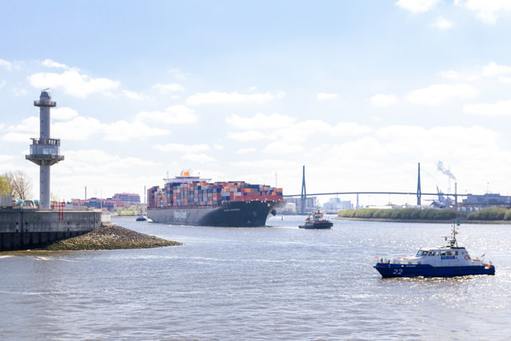What springs to mind when you hear the term, ‘reverse logistics’? Most people think of reverse logistics as only covering returns, i.e., the process of sending an item back to the seller for whatever reason, but it encompasses much more than that. Beyond addressing the question “what exactly is reverse logistics?”, In the world of logistics, it’s really important to comprehend the history of reverse logistics, the benefits of reverse logistics, and why it’s becoming more popular, particularly in the aftermarket;
Table of Contents
What exactly are ‘reverse logistics?
The element of ‘reverse logistics’ is starting to become more and more challenging for companies like Rhenus High Tech to deliver though, it will continue to form a key role in the overall logistics supply processes; Essentially, all procedures involving the reuse of products and materials are referred to as reverse logistics, these include, all recycling, reclamation of raw materials, refurbishment, and remarketing of restocked items fall under the ‘return logistics’ category.
Typically, logistics are concerned with events that lead to the delivery of a product to a customer, and as you can now start to imagine, the subject is a broad one that covers all equipment and machines from all industries. In reverse logistics, the resource travels backward in the supply chain, for example, the goods are transported from a customer to a distributor or a manufacturer.
An overview, the scale of the task in hand
The subject of reusing items, or products has been a hot topic for as long as most people can remember, traditionally, offices and work spaces were required to adhere to certain recycling standards and rules. Consider things like waste paper, plastic cups, and bottles, stationary, the list goes on and on however, each type of material has its own ‘recycling’ category and way of responsibly disposing of the unwanted, ‘rubbish’, so that it may be recycled and reused. With the growth of technology, the online shopping market and the fact that the electronics market is booming, studies show that, people are actually more likely to return a product purchased online than if they were to physically purchase it from a store.
When making a purchase, a company’s returns policies and procedures can make all the difference as to whether or not a sale takes place. It is a tricky area to handle for businesses because, the costs for delivering and or returning a product are increasing, although consumers will often search for free delivery and a ‘no quibbles’ free of charge returns process.
Whilst they are both very attractive features to a customer, both the shipping out or the sending back of a product costs money to ‘somebody’ and, if that responsibility sits with the retailer, then it can seriously affect their bottom line in terms of profit. A double-edged sword really, people are less likely to buy from you if you charge for delivery or returns yet more likely to return a product if it doesn’t cost them anything to do so.
Something’s better than nothing
Very few companies these days will charge for returns, however, understanding the pitfalls that come with that very generous offer has seen some companies offer, money off by way of a ‘gesture of goodwill’, in doing so it has actually stopped a large number of products being returned unless they were faulty of course.


